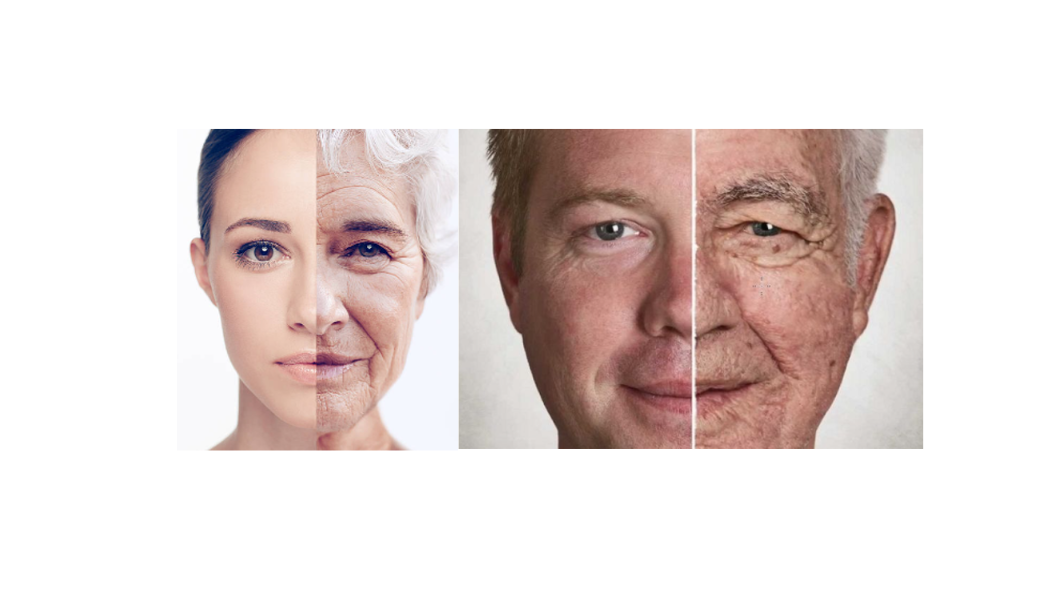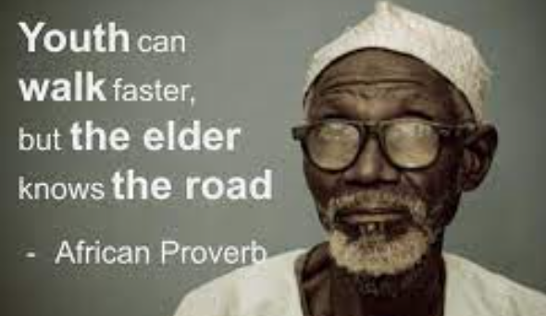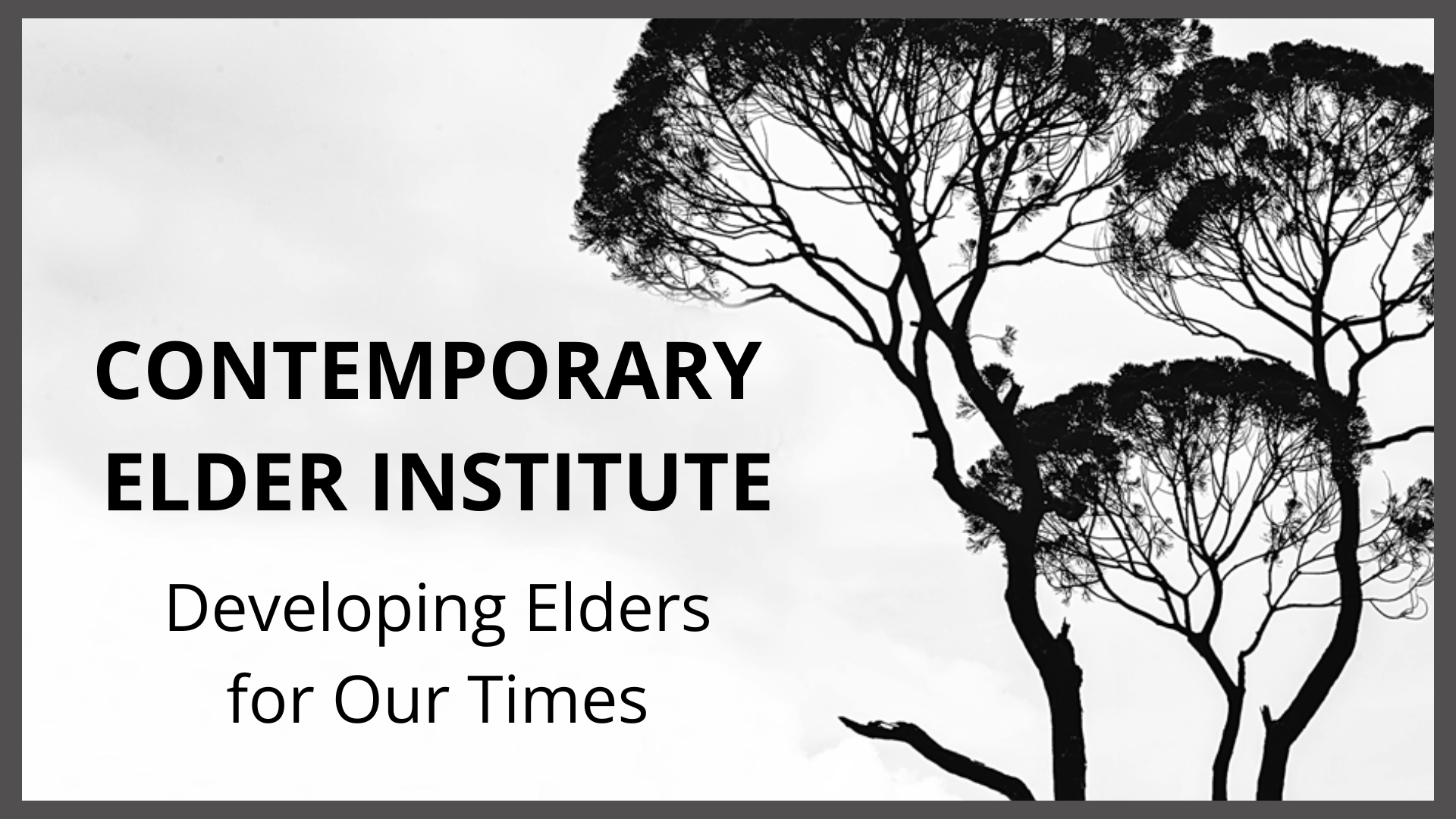ELDERS IN THE LAND OF THE FOREVER YOUNG
ELDERS IN THE LAND OF THE FOREVER YOUNG

AGEISM
The U.S. culture gives full throttle to ageism. Ageism, also spelled agism, is discrimination against individuals or groups based on age. The term was coined in 1969 by Robert Neil Butler to describe discrimination against seniors and modeled on sexism and racism.
Considering how ageism is expressed in our culture, it makes perfect sense why those of late age are marginalized, segregated, ostracized, and banished.
The aversion to growing old is the Viagra of ageism. There is a great deal of physical evidence of this aversion. We build warehouses for the very late aged and give these structures market-palatable names. Out of sight, out of consciousness. We don't want to be reminded.
Ageism in our culture delivers a particular narrative. A narrative that is continuously replayed, on TV, in magazines, on social media, YouTube, TikTok, and Facebook. They all brand aging a problem. And problems need to be solved.
Their messaging that aging is a problem must be working. People are spending exorbitant amounts of money to exorcise aging. Now pour good ol' money and greed onto ageism – kaboom.
Commitment shows up in two places – the calendar and the checkbook. The global anti-aging market was estimated at US$ 60.42 billion in 2021 and is expected to surpass US$ 119.6 billion by 2030, poised to grow at a CAGR (Compound Annual Growth Rate) of 7.9%during the forecast period 2022 to 2030. So ageism certainly isn't going away; the off-the-charts year-by-year revenue growth is far too seductive.
Having people grasp for youth to avert getting old keeps the market churning. However, grasping and aversion are the two most fundamental elements of suffering.
The greater the suffering, the greater the revenues. With people living longer, the market will continue to expand. The more you make people feel aging is a problem, the more they will try to stay young to solve it, and the more they will suffer.
The promotion campaigns for drugs, surgeries, diets, and behaviors that keep you young are right on the money, actually your money. So Ageism has a fantastic ROI.
AH OH
But here's the problem: aging is not a problem. Bottom line - Rocks are hard. Water is wet. You will get old. You will die. End of story. That is not a problem.
The definition of a problem is a matter or situation regarded as unwelcome or harmful and needing to be dealt with and overcome. But I doubt anyone will avoid aging or can overcome death. This setting for late life's narrative is previously written and irrefutable.
Some aspects of the narrative are constant and non-negotiable. They cannot be changed or removed. When you get old, you will be marginalized. You will be disregarded. You will be ignored. You will experience growing anxiety about your loss of importance, purpose, and relationships. Your self-worth will undergo shrinkage. Fear and trepidation will inevitably bubble up as the horizon moves closer – and faster.
As much as you try, you can't change the narrative; if you are alive, you will age. If you age, you will die. But how your character relates to the unavoidable aspects of life's narrative determines the quality of your protagonist's late life.
Instead, we prefer to relate the narrative's established reality as a contemporary elder. Higher wisdom decreases the cultural and psychological impact of aging, reduces the fear of death and dying, and opens up a channel of transcendence.
Elders know that grasping for eternal youth turns out to be eternal suffering. And that is what elders extricate themselves from – they come to equanimity with late age, from developing mental calmness, a generous composure, and an evenness of temper, especially in difficult life-limiting situations.
Living out late life as a contemporary elder provides greater acceptance, serenity, grace, and well-being. In addition, being a group (Sangha) provides late-aging X-professionals dealing with all the irreversible elements of late aging another way of being to the end of their story.
You are the author of your story and how you will be in the last third of your life. Circumstances, issues, and conditions will undoubtedly occur in late aging. Whom you choose to be for these issues, conditions, and circumstances is a choice.
Being a contemporary elder, an elder for our times, offers other choices and is a path that doesn’t disregard ageism but is not under its influence.

Please visit our updated website. www.requestingwisdom.com
